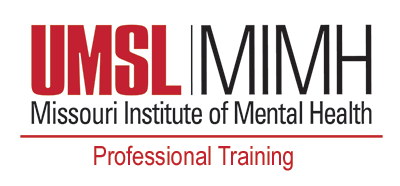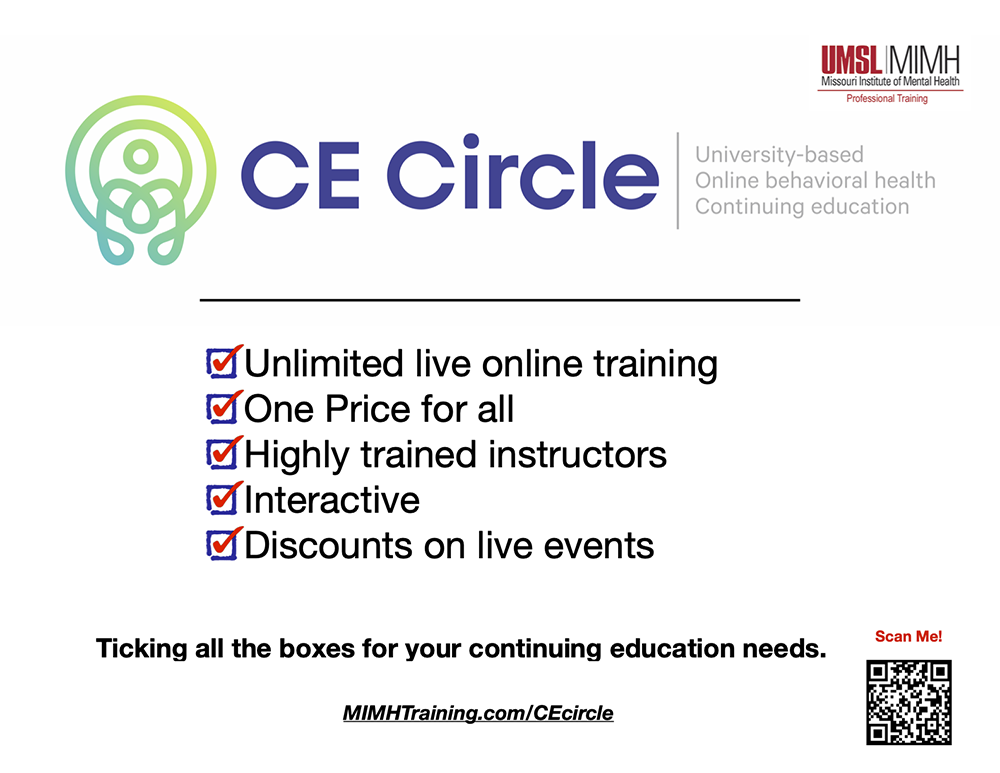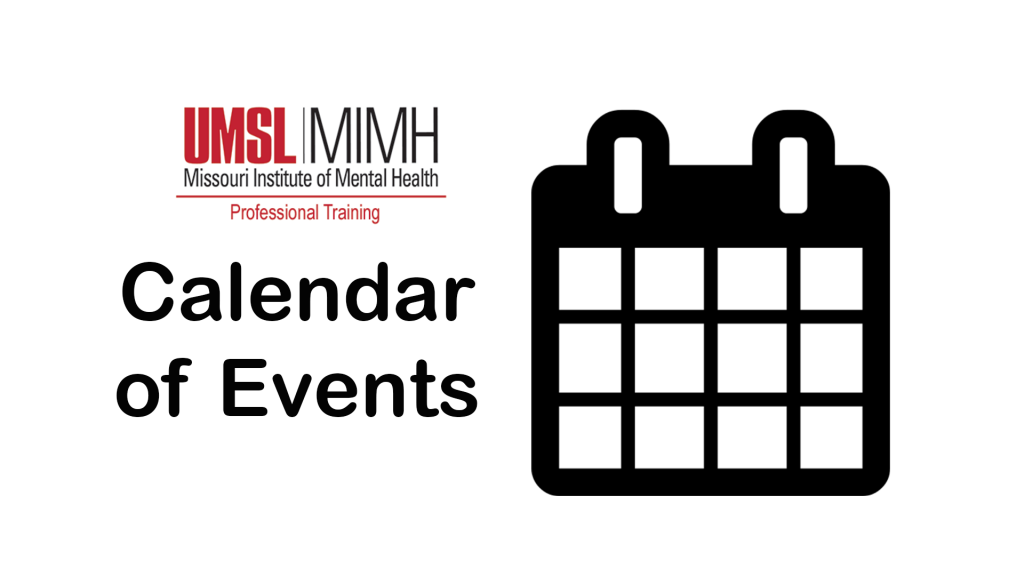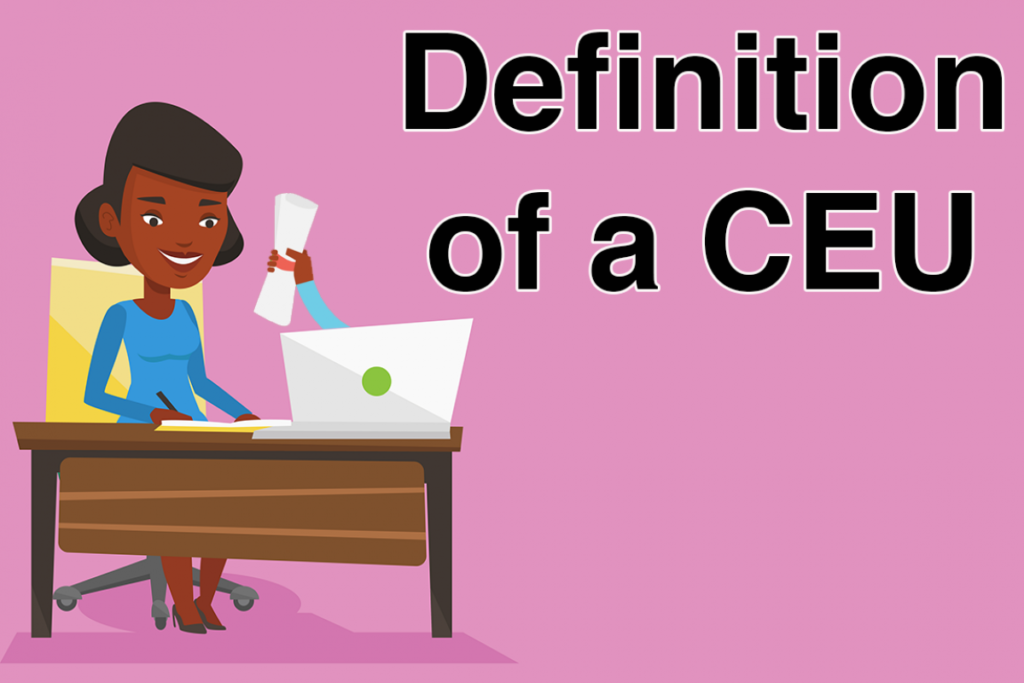Using the FACIT for COSP Continuous Quality Improvement
Date:
Friday, August 30 at 9:00am CDT (lasts approximately 1 hour and 30 minutes)
Registration Fee:
Free (CEU for $15 fee)
No pre-registration needed
Description
Based on the work of the COSP Multisite Research Initiative, The Fidelity Assessment Common Ingredients Tool (FACIT) found in the COS Evidence-based Practices KIT published by SAMHSA can assess the extent to which Consumer-Operated Services Programs (COSPs) faithfully implement evidence-based peer practices according to the COSP Common Ingredients (CIs) structure, values and processes. This webinar is intended to share with peer providers a proven method to use in conjunction with the FACIT results called Continuous Quality Improvement (CQI). CQI means that every person in the COSP actively participates in the continuous improvement of processes and performances to ensure COSP members are satisfied with their services and achieve desired recovery goals. As COSP leaders, staff, and members familiarity with the FACIT and the CQI principles grow, you may wonder how a COSP could ever deliver evidence-based peer practices without these evaluation tools in place!
This web conference will discuss how to use the FACIT for COSP CQI
- Describe basic principles of Continuous Quality Improvement (CQI) for use in Consumer-Operated Services (COSPs)
- Explain how to facilitate collaborative CQI processes so CQI can enable transformation of COSPs to Evidence-based Practices (EBPs)
- Illustrate how to analyze Fidelity Assessment Common Ingredients Tool (FACIT) scores to produce charts and bar grafts of COSP Common Ingredients (CIs)
- Conduct panel with COSP providers who have field experience using the FACIT for COSP CQI
Presenter
Dr. Jean Campbell, PhD, Research Professor in Mental Health at the Missouri Institute of Mental Health, University of Missouri—St. Louis, is an internationally known mental health consumer researcher, speaker, and consultant and is Director of the Program in Consumer Studies and Training at the Missouri Institute of Mental Health in St. Louis. Throughout her career, she has been a forerunner in the effort to define the recovery and well-being of recipients of mental health services in research and to promote multi-stakeholder approaches in evaluation and service delivery. She is best known for her role as the principle investigator of the MIMH Coordinating Center for the Consumer-Operated Services Programs Multisite Research Initiative, the largest and most rigorous study of peer-run programs in history.
Presently, Dr. Campbell works with the Missouri Department of Mental Health to promote consumer-operated service programs as evidence-based practices and recently consulted for the Heartland Consumer Network. Most notably, she was a consultant to the President’s New Freedom Commission on Mental Health and a contributor to Mental Health: A Report of the Surgeon General. Dr. Campbell also worked with State mental health agencies in the States of New York, Oklahoma, Washington, Nebraska, West Virginia, New Jersey, Alabama, and Alaska on mental health performance measurement systems, and served on the National Alliance on Mental Illness Scientific Council. She was a member of the CMHS National Advisory Council’s Subcommittee on Consumer/Survivor Issues, and is currently on the National Consumer Advisory Board for OptumHealth and SAMHSA’s Advisory Council for Women’s Services.
Dr. Campbell has written over 40 articles and reports on the development and use of management information systems in service system improvement, shared decision-making, privacy of health records, and peer-support programs. She is best known for her groundbreaking, consumer-directed research study of mental health consumer well-being in California, The Well-Being Project (1989), and the supplemental award-winning documentary “People Say I’m Crazy.” Dr. Campbell has received many awards for her work as a distinguished researcher and mental health consumer advocate and has been recognized as a leader in promoting a recovery-based mental health system.
Peer Provider Panel: Sarah Earll, Co-director, Saint Louis Empowerment Center; Nancy Bollinger, Executive Director, Self Help Center; and, Mickie McDowell, Peer Services Program Specialist, Missouri Department of Mental Health will discuss their experiences using CQI with the FACIT and how the Missouri FACIT Project has enabled peer services in Missouri to deliver evidence-based peer practices.
CEU Info
MIMH will award 1.5 clock hour or 1.8 contact hours (.2 CEU) for this program.
Conference Actions:
[button size=”medium” color=”blue” style=”none” new_window=”true” link=”http://webconferences.mimhtraining.com/wp-content/uploads/2013/08/Evaluating-COSPs-final_FACIT-training_2013-WC.pdf”]Slides in PDF format[/button]
